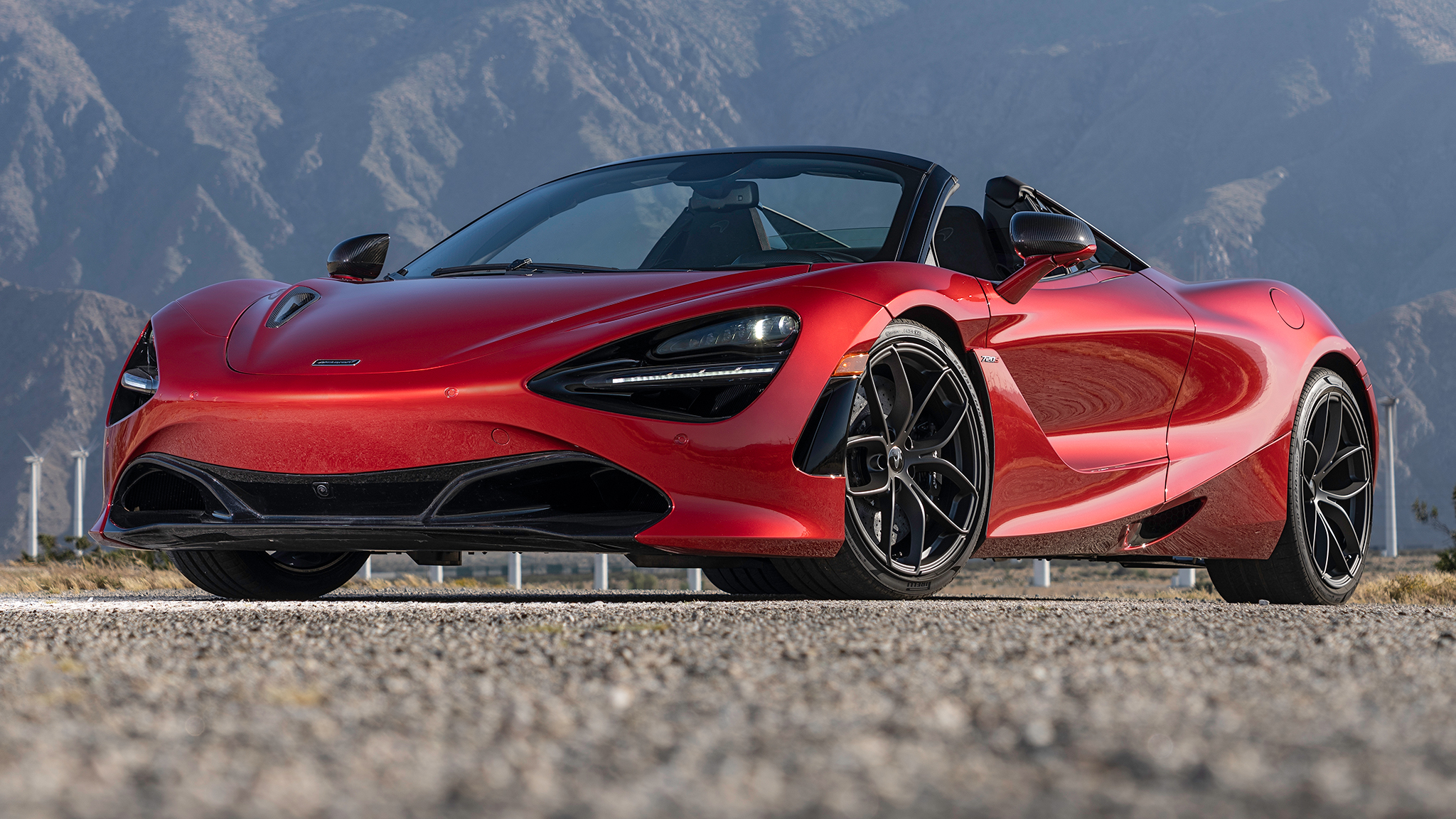How Much Does A Sports Car Cost

So, you're thinking about getting a sports car? Great choice! But before you dive headfirst into the world of roaring engines and exhilarating handling, it's crucial to understand the financial realities. Unlike your average commuter car, the cost of owning a sports car extends far beyond the initial purchase price. Think of this article as a detailed breakdown of all the expenses you'll likely encounter, empowering you to make an informed decision.
The Sticker Shock: Initial Purchase Price
Let's start with the obvious: the price tag. Sports cars occupy a wide range of price points, from relatively affordable models to ultra-expensive exotic machines. Several factors influence this initial cost:
- Brand Reputation: Names like Porsche, Ferrari, and Lamborghini command premium prices due to their established history of performance and luxury.
- Performance Specs: Higher horsepower, sophisticated suspension systems (more on those later), and advanced technology all contribute to a higher price.
- Exclusivity and Rarity: Limited production runs or special editions can drastically increase the value of a sports car.
- Materials and Craftsmanship: The use of lightweight materials like carbon fiber and meticulous hand-assembly also adds to the cost.
Don't just look at the MSRP (Manufacturer's Suggested Retail Price). Factor in taxes, registration fees, and any dealership markups. Remember, the initial purchase is just the beginning.
The Recurring Costs: Fuel, Insurance, and Maintenance
Here's where things get interesting. Sports cars, by their very nature, tend to be more expensive to maintain than regular cars. Let's break down the key recurring costs:
Fuel Consumption
Let's be honest, you're not buying a sports car for its fuel economy. High-performance engines, especially those with forced induction (turbochargers or superchargers), tend to be thirsty. Expect to pay significantly more at the pump. Calculate your estimated annual fuel cost based on your anticipated mileage and local fuel prices. Remember, many sports cars require premium fuel, which adds to the expense.
Insurance
Insurance premiums for sports cars are generally higher than for standard vehicles. This is due to several factors:
- Higher Value: A more expensive car translates to a higher payout in the event of an accident.
- Increased Risk: Insurance companies perceive sports car drivers as being more likely to be involved in accidents due to aggressive driving habits.
- Repair Costs: Parts and labor for sports cars are often more expensive.
Get quotes from multiple insurance companies before committing to a purchase. Factors like your age, driving record, and location can all affect your insurance rates.
Maintenance and Repairs
This is where things can really add up. Sports car maintenance often involves specialized parts, trained technicians, and more frequent service intervals. Here's what you need to consider:
- Tires: High-performance tires are designed for grip and handling, not longevity. Expect to replace them more frequently than you would on a regular car. Furthermore, high-performance tires are often more expensive.
- Brakes: Sports cars often feature advanced braking systems, such as Brembo or AP Racing brakes. Replacement rotors and pads can be costly.
- Oil Changes: High-performance engines require specific types of oil and more frequent oil changes.
- Suspension Components: Sports car suspensions are often more complex and prone to wear and tear, especially if you drive aggressively or track the car. Bushings, ball joints, and dampers (shock absorbers) may need replacement periodically.
- Specialized Labor: Finding a qualified mechanic who specializes in sports cars is crucial. Their hourly rates are often higher than those of general mechanics.
Factor in regular maintenance items like spark plugs, filters, and fluids. And be prepared for unexpected repairs. Sports cars, especially those with complex systems, can be prone to breakdowns.
Beyond the Basics: Depreciation, Storage, and Modifications
We're not done yet! Let's consider some additional expenses that are often overlooked:
Depreciation
All cars depreciate in value over time, but some sports cars depreciate faster than others. Factors like brand reputation, demand, and condition all affect depreciation. Research the depreciation curve for the specific model you're considering. A well-maintained sports car will retain its value better than a neglected one.
Storage
If you live in a region with harsh winters, you may need to store your sports car during the off-season. This can involve renting a storage space or paying for professional winterization services.
Modifications
Many sports car owners enjoy modifying their vehicles to improve performance or aesthetics. However, modifications can be expensive and may void your warranty. Be sure to research the potential impact of modifications before making any changes.
Real-World Example and Cost Breakdown
Let's consider a hypothetical example: a used Porsche 911. Let's assume the purchase price is $80,000.
- Annual Fuel Cost: $4,000 (assuming 15 MPG and 10,000 miles driven)
- Annual Insurance Cost: $3,000
- Annual Maintenance Cost: $2,000 (including oil changes, tire replacements, and minor repairs)
- Annual Depreciation: $4,000
- Annual Storage Cost (if applicable): $1,000
Total Annual Cost: $14,000
As you can see, the cost of owning a sports car can be substantial. It's crucial to factor in all these expenses before making a purchase.
Budgeting and Financial Planning
Now that you have a better understanding of the costs involved, let's talk about budgeting. Create a detailed budget that includes all the anticipated expenses. Be realistic about your driving habits and potential repair costs. Consider setting aside a dedicated fund for maintenance and repairs. It's always better to be prepared for the unexpected.
Conclusion
Owning a sports car can be an incredibly rewarding experience. However, it's essential to be aware of the financial implications. By understanding the various costs involved and planning accordingly, you can enjoy your sports car without breaking the bank.
